- California SB 253 and SB 261 require companies in California to disclose GHG emissions and climate-related financial risks to enhance corporate accountability and transparency.
- SB 253 mandates annual reporting of Scope 1, 2, and 3 emissions for companies with over $1 billion in revenue, starting in 2026, with substantial penalties for non-compliance.
- SB 261 mandates biennial reporting on financial risks due to climate change for companies with over $500 million in revenue, starting on January 1, 2026 (although currently paused, due to a court injunction).
- Both laws aim to drive climate action and influence regulations in other states and potentially federal policy.
- Arbor's platform helps businesses in measuring emissions, assessing risks, and ensuring compliance with these regulations using its automated, user-friendly tools.
California is once again pioneering environmental legislation by introducing two significant laws: Senate Bill 253 (SB 253), the Climate Corporate Data Accountability Act, and Senate Bill 261 (SB 261), the Climate-Related Financial Risk Act.
California SB 253 and SB 261 represent a significant shift towards corporate transparency and accountability in addressing climate change. These laws will impact thousands of companies doing business in the state, requiring them to disclose greenhouse gas (GHG) emissions and climate-related financial risks.
Understanding the nuances of California SB 253 and SB 261 is crucial for affected businesses to ensure compliance and strategically navigate this new regulatory landscape.
Unpacking California SB 253: The Climate Corporate Data Accountability Act
SB 253 mandates comprehensive greenhouse gas emissions reporting for large companies operating in California. Its primary aim is to increase transparency regarding corporate carbon footprints.
What is SB 253?
At its core, SB 253 requires companies with total annual revenues exceeding $1 billion (USD) that do business in California to publicly disclose their Scope 1 (direct emissions), Scope 2 (indirect emissions from energy consumption), and Scope 3 (indirect emissions from supply chains) GHG emissions. These disclosures must align with the Greenhouse Gas Protocol standards.
Key requirements and deadlines:
- Affected Entities: Public and private companies with over $1 billion in annual revenue doing business in California.
- Reporting Scope: Annual disclosure of Scope 1, Scope 2, and Scope 3 GHG emissions.
- Timeline:
- 2026: August 10, 2026 (Proposed): Reporting for Scope 1 and Scope 2 emissions (based on 2025 data) begins.
- 2027: Reporting for Scope 3 emissions (based on 2026 data) begins.
- Verification: Emissions reports will require third-party assurance. However, CARB has announced enforcement discretion for 2026, allowing unassured data for the first year. Limited assurance becomes mandatory in 2027.
- Penalties: Non-compliance can lead to penalties of up to $500,000 per reporting year.
- Proposed fees: CARB has also proposed an annual flat fee of $3,106 USD for SB 253 program costs.
SB 253 aims to provide stakeholders with consistent and reliable data on corporate emissions, fostering accountability and driving emissions reductions.
Dive deeper into the specifics of this regulation in our article on California’s Climate Corporate Data Accountability Act (SB 253)
Understanding California SB 261: The Climate-Related Financial Risk Act
Complementing SB 253, SB 261 focuses on the financial risks that climate change poses to businesses. This act mandates disclosure of these risks and the strategies being implemented to mitigate them.
What is SB 261?
SB 261 requires companies with total annual revenues exceeding $500 million USD doing business in California to prepare and publicly disclose biennial (every two years) reports on their climate-related financial risks. These reports should follow the framework recommended by the Task Force on Climate-Related Financial Disclosures (TCFD).
Key requirements and deadlines:
- Affected Entities: Companies (corporations, partnerships, LLCs) with over $500 million in annual revenue doing business in California.
- Reporting Scope: The biennial disclosure of climate-related financial risks and measures taken to reduce and adapt to these risks is aligned with TCFD recommendations.
- Timeline: The first report is statistically due by January 1, 2026, though enforcement is currently paused due to a court injunction. A voluntary docket is open from December 1, 2025, to July 1, 2026, for companies to submit reports.
- Oversight: The California Air Resources Board (CARB) will contract an organization to review reports and provide an analysis of systemic and sector-wide risks.
- Penalties: Non-compliance can result in penalties of up to $50,000 per reporting year.
- Proposed fees: CARB has also proposed an annual flat fee of $1,403 USD for SB 261 program costs.
SB 261 aims to ensure that businesses proactively identify, assess, and manage climate change's financial implications.
Dive deeper into the specifics of this regulation in our article on California’s Climate-Related Financial Risk Act (SB 261)
California SB 253 and SB 261: Key differences
While both California SB 253 and SB 261 target corporate climate accountability, they have distinct focuses and thresholds:
- Current Status: SB 253 is active and proceeding with rulemaking. SB 261 enforcement is currently enjoined (paused) pending a legal appeal, though voluntary reporting is encouraged.
- Revenue Threshold: SB 253 applies to companies with >$1 billion in revenue, while SB 261 applies to companies with >$500 million in revenue. This means more companies will be subject to SB 261.
- Focus: SB 253 centers on the disclosure of GHG emissions (a company's impact on the climate). SB 261 centers on disclosing climate-related financial risks (the climate's impact on the company).
- Reporting Frequency: SB 253 requires annual emissions reporting. SB 261 requires biennial financial risk reporting.
- Framework: SB 253 aligns with the Greenhouse Gas Protocol. SB 261 aligns with TCFD recommendations.
Despite their differences, California SB 253 and SB 261 are complementary. Emissions data from SB 253 can inform the climate-related financial risk assessments required by SB 261.
However, it's important to note that for the initial 2026 SB 261 report, CARB has clarified that disclosing GHG emissions is not a minimum requirement.
Why your business should care about California SB 253 and SB 261
Compliance with California SB 253 and SB 261 is not just a regulatory hurdle; it presents strategic implications:
- Regulatory Precedent: These California laws will likely influence similar legislation in other states, such as Colorado’s Climate Disclosure (HB 25-1119) or New York’s Climate Corporate Data Accountability Act (SB 3456) and potentially at the federal level.
- Stakeholder Demand: Investors, consumers, and employees increasingly demand climate performance and risk management transparency.
- Risk Management: Proactively addressing emissions and climate-related financial risks can lead to more resilient and sustainable business models.
- Competitive Advantage: Companies that lead in transparency and climate action can enhance their brand reputation and attract investment.
- Avoiding Penalties: Adherence to California SB 253 and SB 261 is essential to prevent substantial financial penalties.
How Arbor can help you navigate California SB 253 and SB 261
The requirements of California SB 253 and SB 261 can seem daunting. At Arbor, we specialize in simplifying sustainability and carbon accounting.
We can help your business:
- Measure and Report Emissions: Accurately calculate your Scope 1, 2, and 3 emissions in line with SB 253 requirements using our globally recognized standards.
- Assess Climate-Related Financial Risks: Identify and evaluate climate-related financial risks to prepare TCFD-aligned reports for SB 261.
- Develop Compliance Strategies: Our experts can guide you through the complexities of both California SB 253 and SB 261, ensuring your disclosures are comprehensive and compliant.
- Implement Monitoring Systems: Establish systems for ongoing data collection, monitoring, and reporting to meet the recurring obligations of these laws.
Request a demo from Arbor today to learn how we can support your compliance.
For a deep dive into the recent changes to California’s climate laws (SB 253 and SB 261), watch our live webinar recording:
California SB 253 & SB 261 Updates
Summary
California SB 253 and SB 261 mark a new era of corporate climate accountability. SB 253 mandates detailed GHG emissions reporting for companies with over $1 billion in revenue, while SB 261 requires companies with over $500 million in revenue to disclose climate-related financial risks.
Both laws begin their reporting requirements in 2026, although SB 261’s enforcement is currently paused due to a court injunction. California's businesses must now prepare to understand their obligations, gather necessary data, and implement reporting frameworks to comply with these transformative regulations.
Get climate-ready for California’s SB 253 and SB 261
Request a demo from Arbor today to learn how we can support your compliance journey and help you build a more resilient and sustainable business.
For more detailed deep dives into each regulation, please refer to our articles about SB 253 and about SB 261.
See an overview of California’s SB 253 and California’s SB 261 to see how Arbor can help you get to compliance faster and avoid penalties.
Measure your carbon emissions with Arbor
Simple, easy carbon accounting.
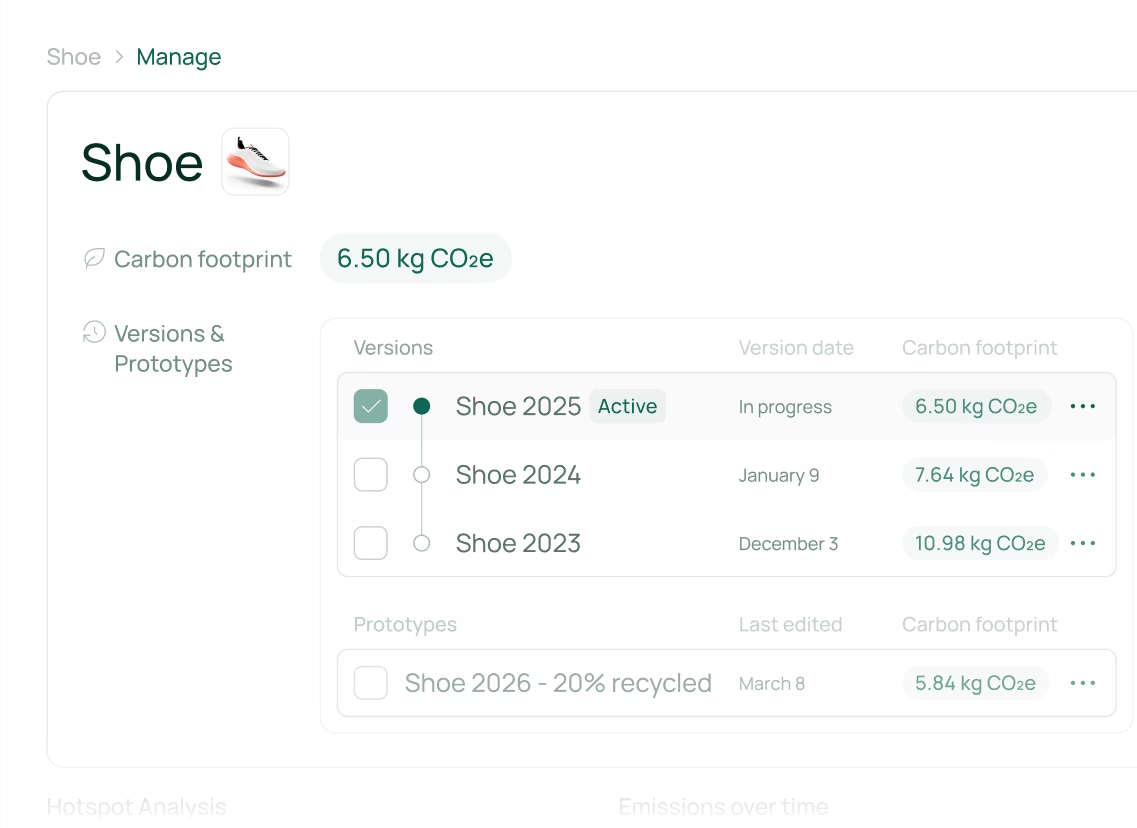
FAQ about California SB 253 and SB 261
What are the primary goals of California SB 253 and SB 261?
SB 253 aims to increase transparency in corporate greenhouse gas emissions. SB 261 aims to enhance corporate transparency regarding climate-related financial risks and the measures taken to mitigate them. California SB 253 and SB 261 seek to promote corporate accountability and drive action on climate change.
Who needs to comply with California SB 253 and SB 261?
CARB has proposed a refined definition for "doing business in California" that excludes property and payroll thresholds, focusing instead on companies with **California sales exceeding ~$735,000** or those domiciled in the state.
When do these laws become mandatory?
SB 261's first climate-related financial risk report is statutorily due by January 1, 2026; however, mandatory enforcement is currently paused due to a court injunction. A voluntary docket is open for submissions.
What are the main differences between SB 253 and SB 261?
SB 253 focuses on GHG emissions disclosure (company's impact on climate), applies to companies with >$1B revenue, and requires annual reporting. SB 261 focuses on climate-related financial risk disclosure (climate's impact on the company), applies to companies with >$500M revenue, and requires biennial reporting.
What are the penalties for non-compliance with California SB 253 and SB 261?
Non-compliance with SB 253 can result in penalties up to $500,000 annually. Non-compliance with SB 261 can result in penalties up to $50,000 per reporting year.
How can businesses prepare for California SB 253 and SB 261?
Businesses should start by assessing their current emissions and climate risk management practices, establishing robust data collection systems, familiarizing themselves with the GHG Protocol and TCFD frameworks, and considering third-party expertise for guidance and verification.


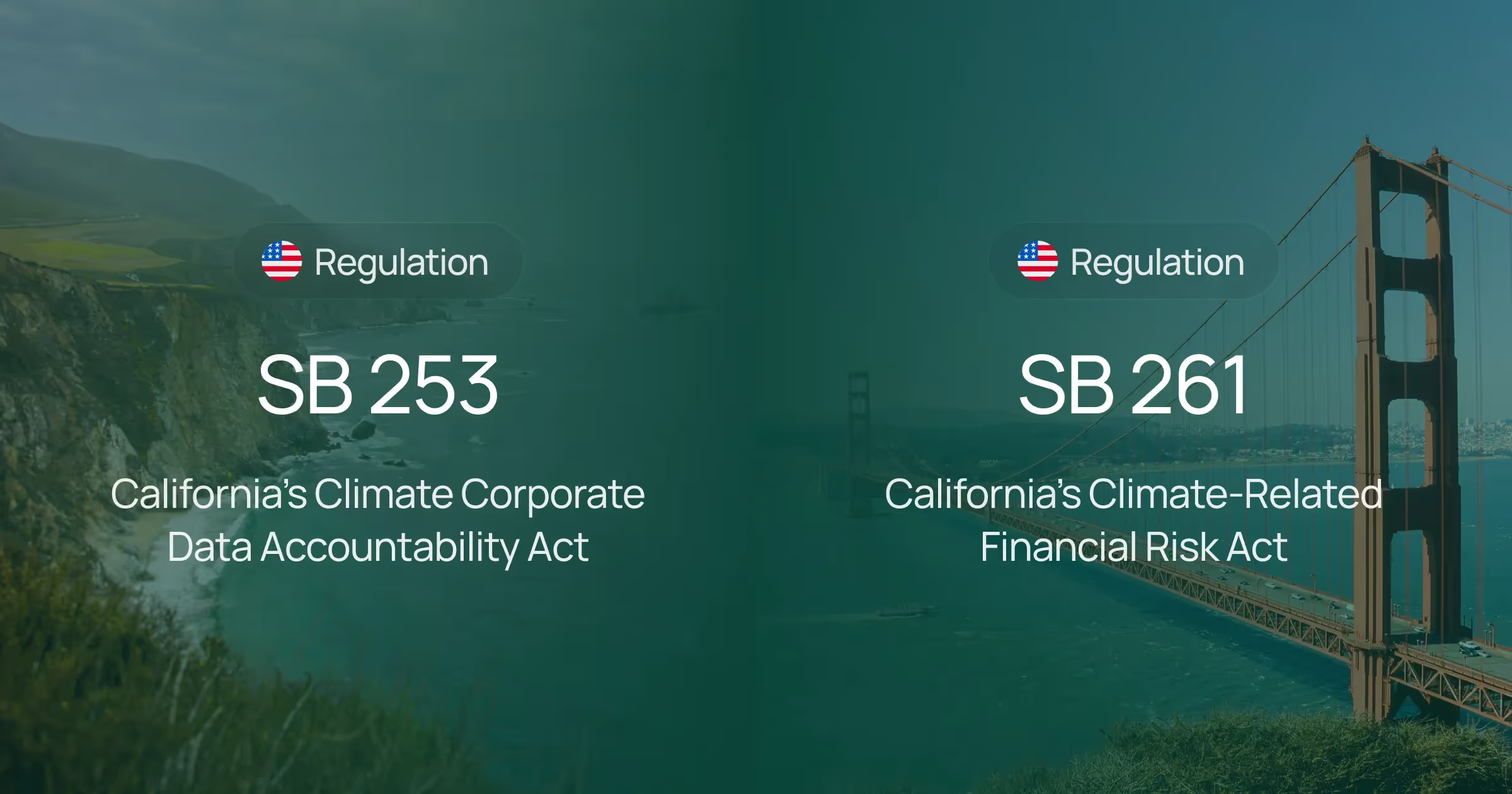




.webp)
%20Directive.webp)


.webp)


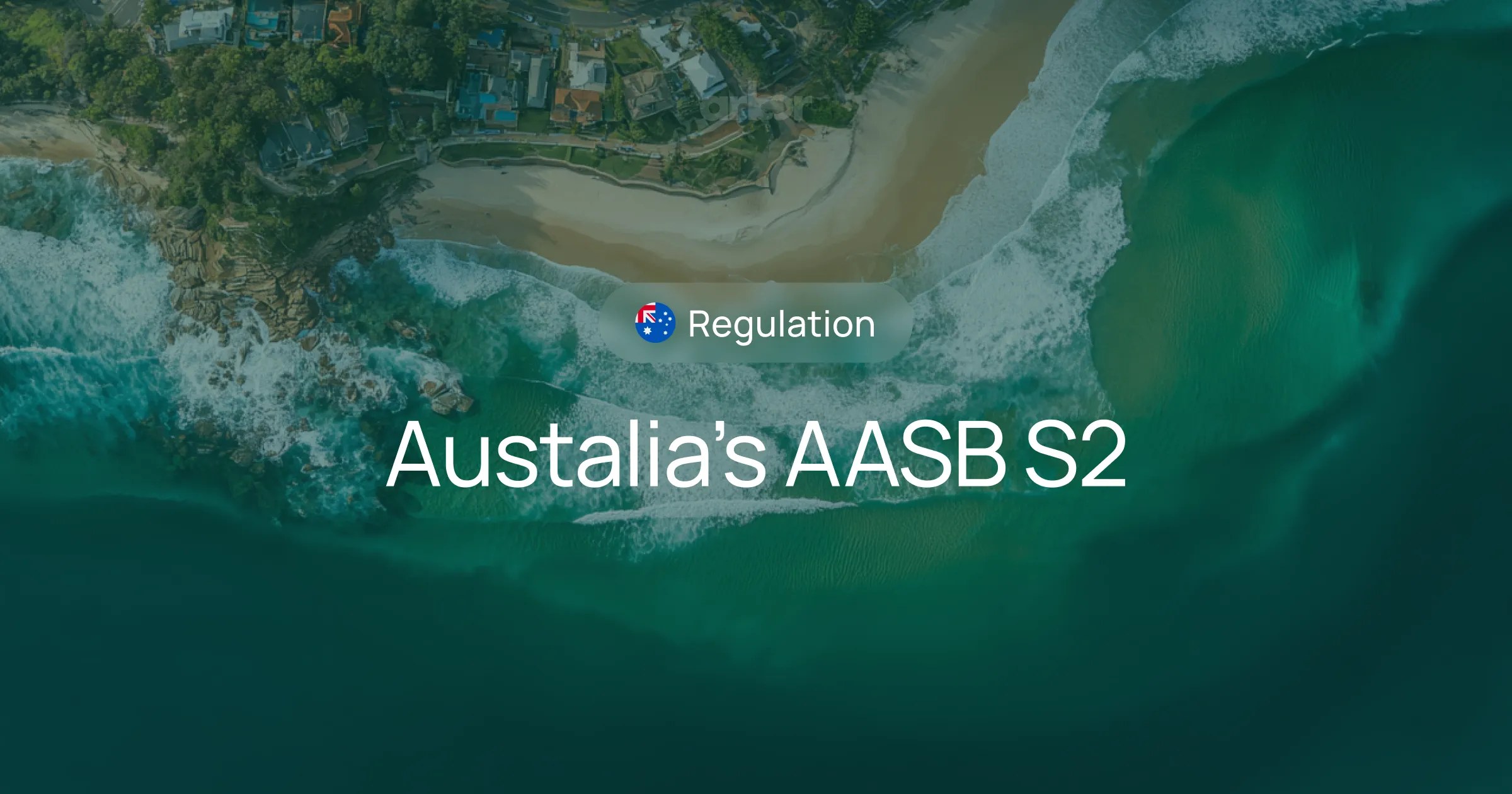
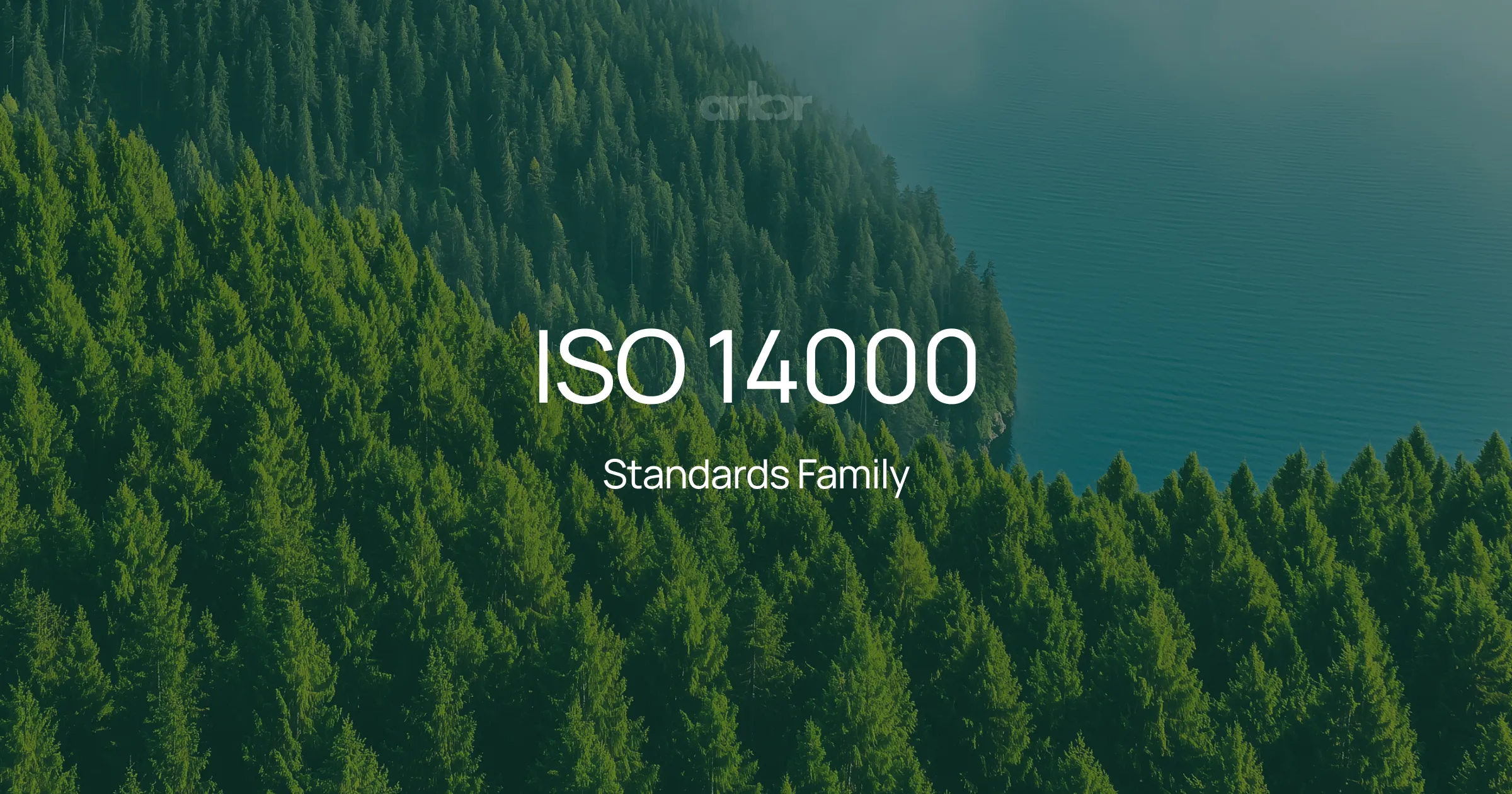
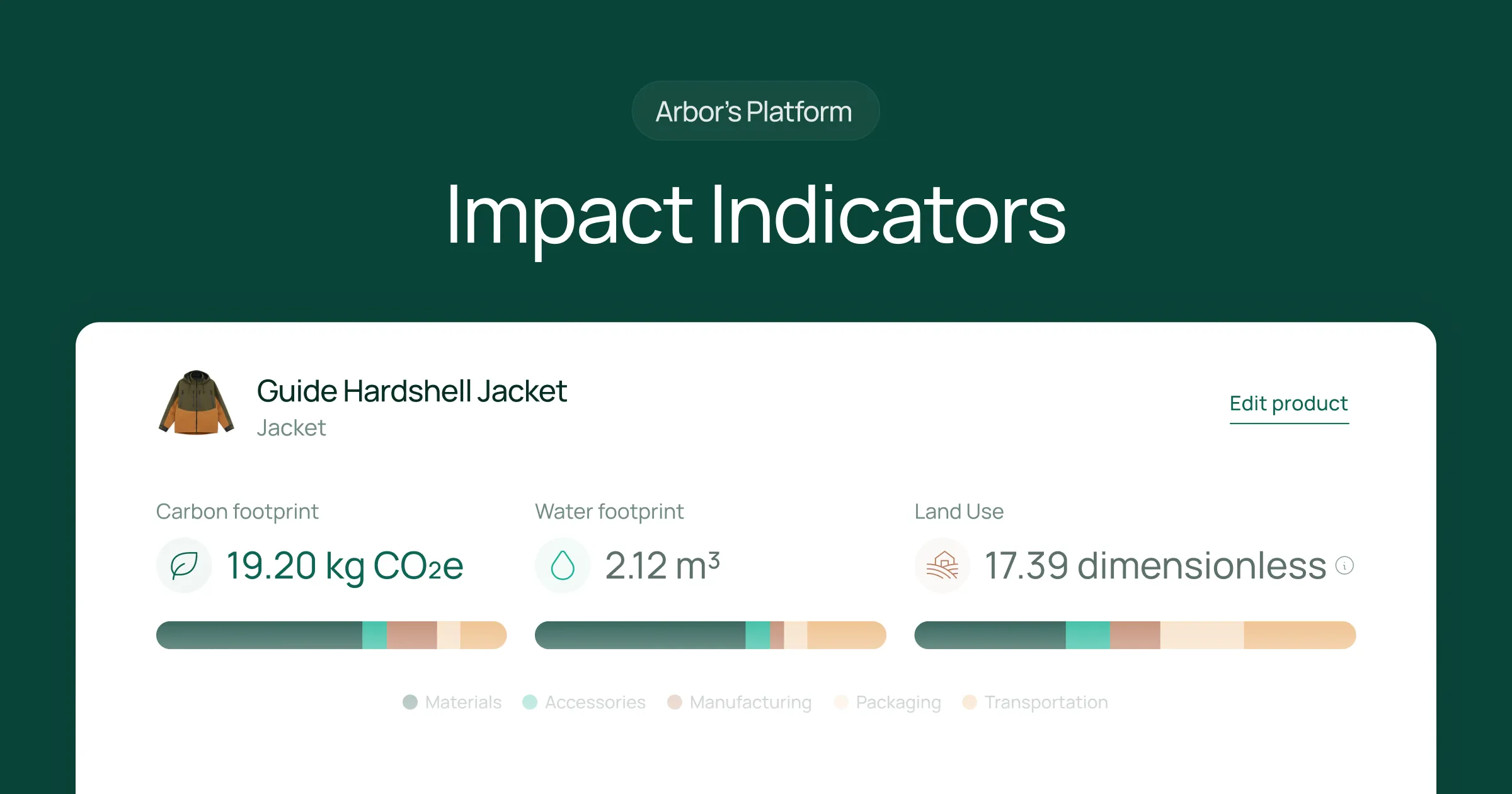
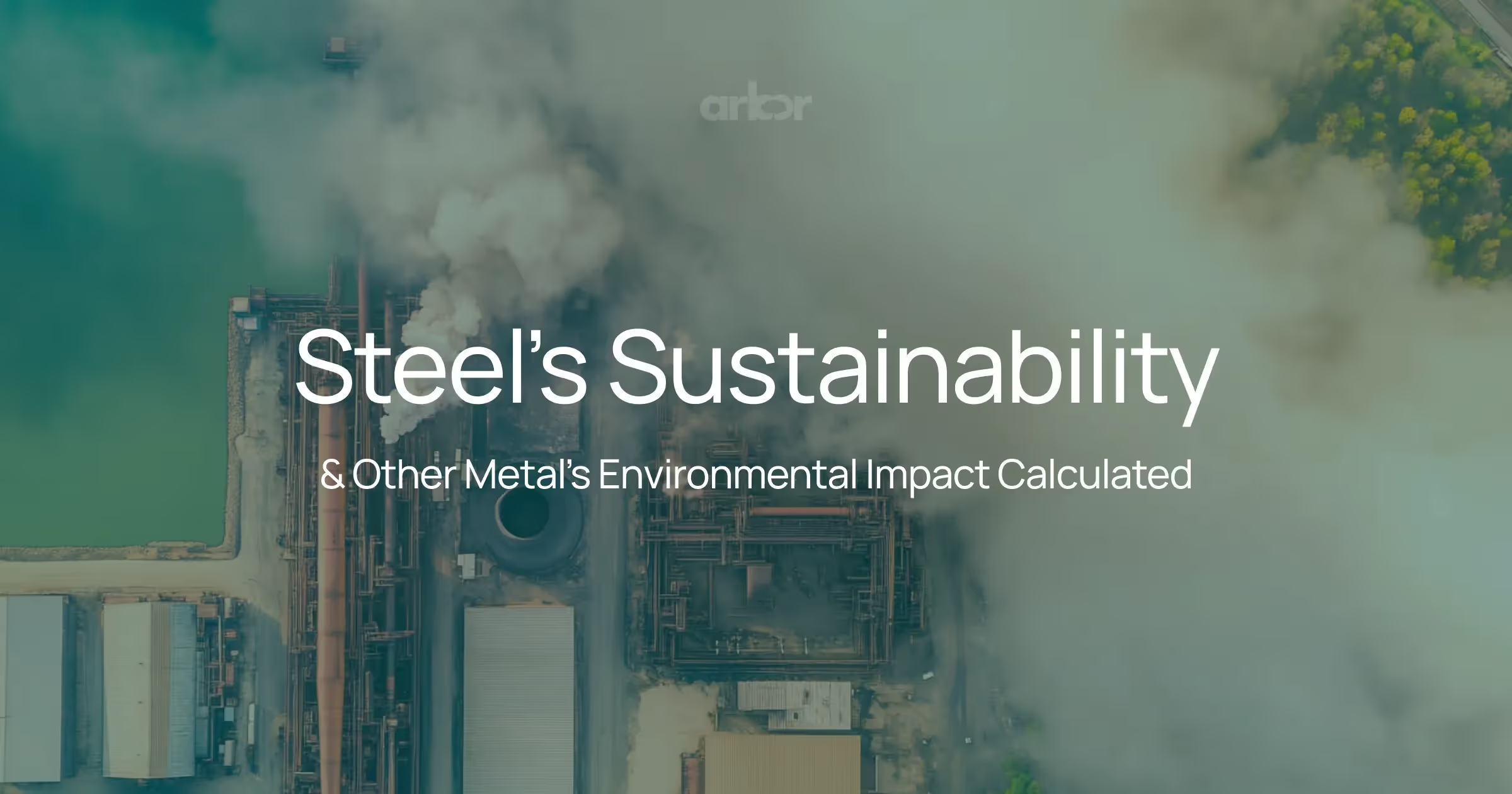


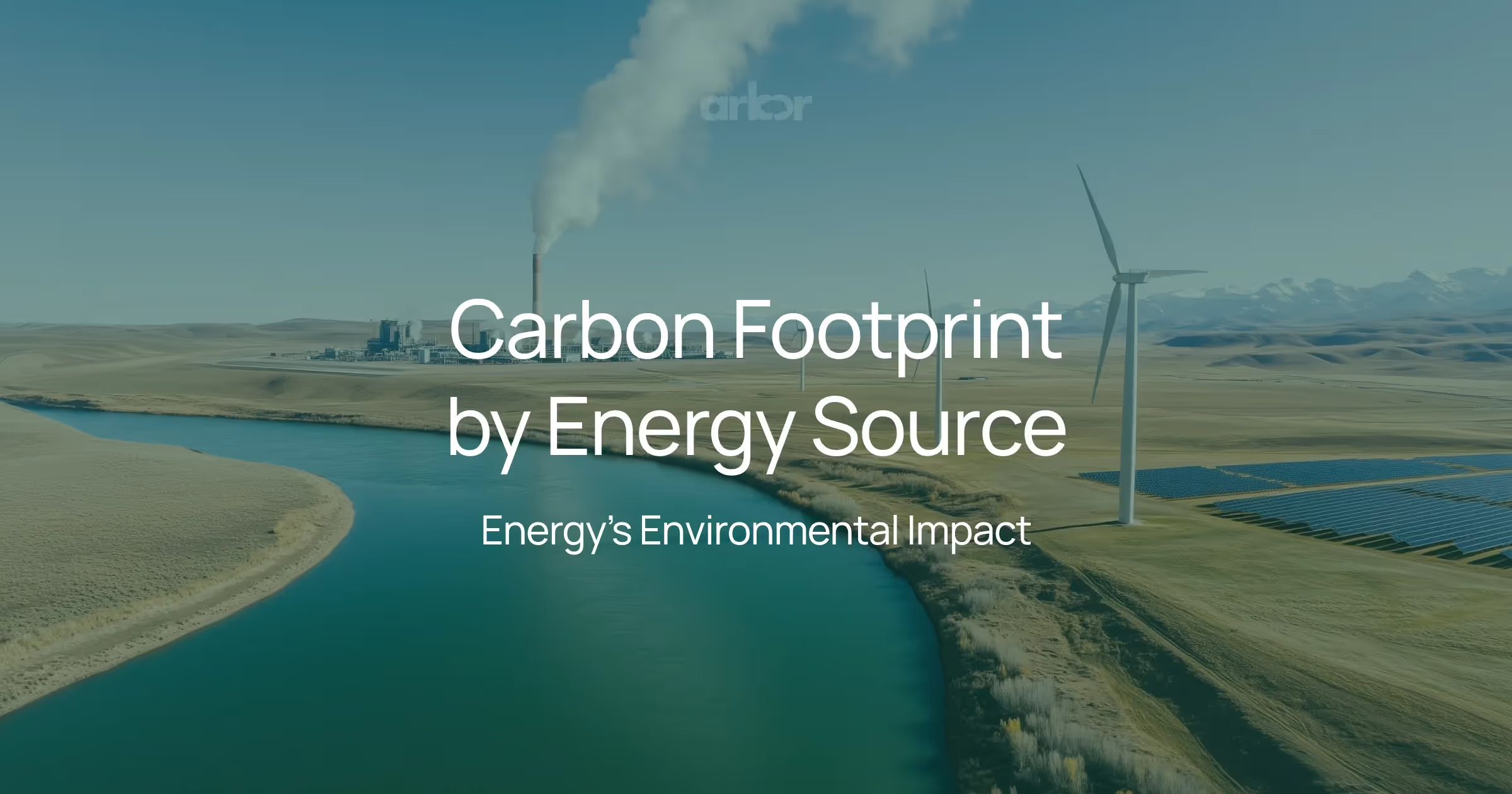
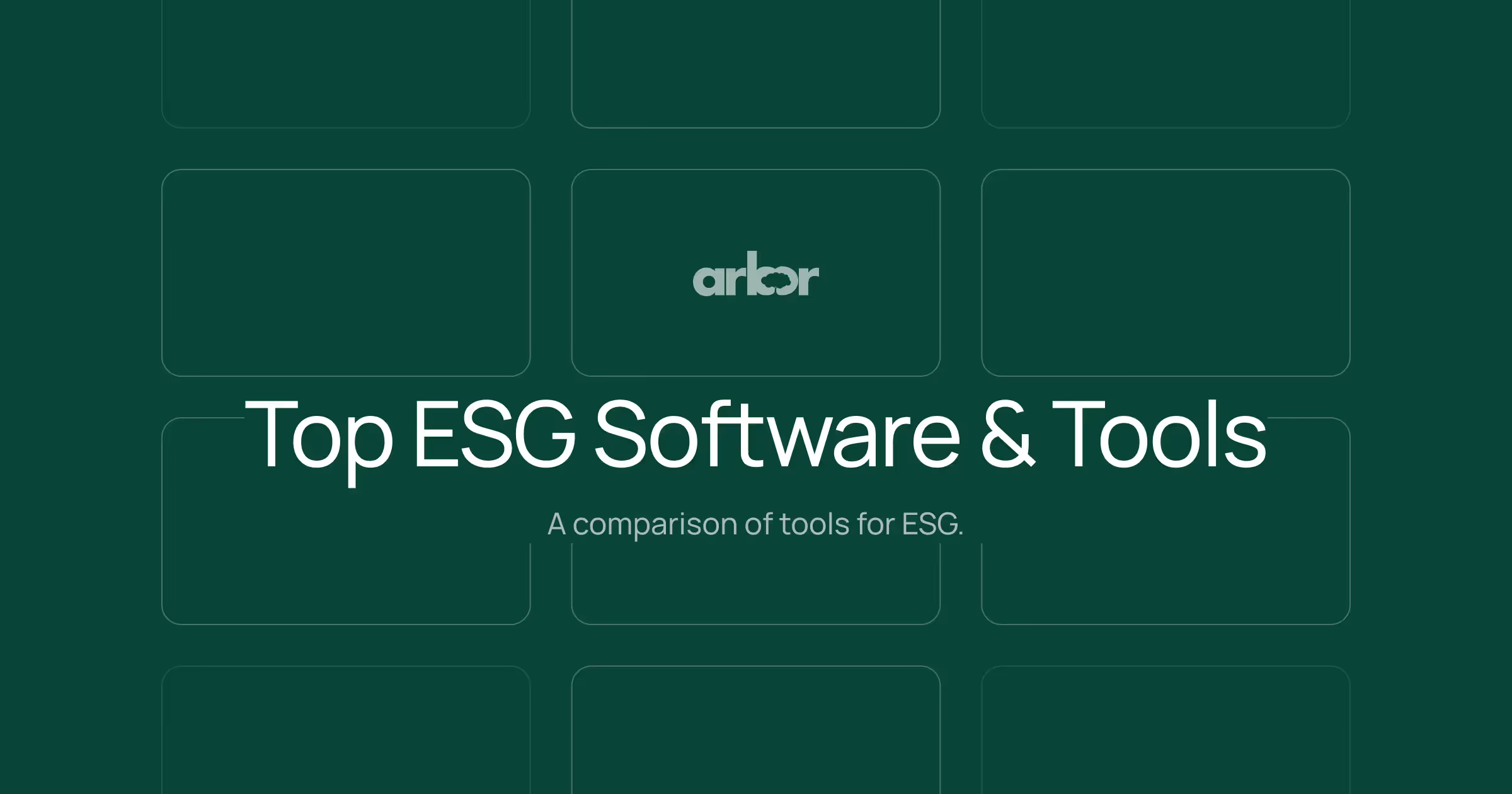

%20Arbor.avif)





%20Arbor.avif)

.avif)
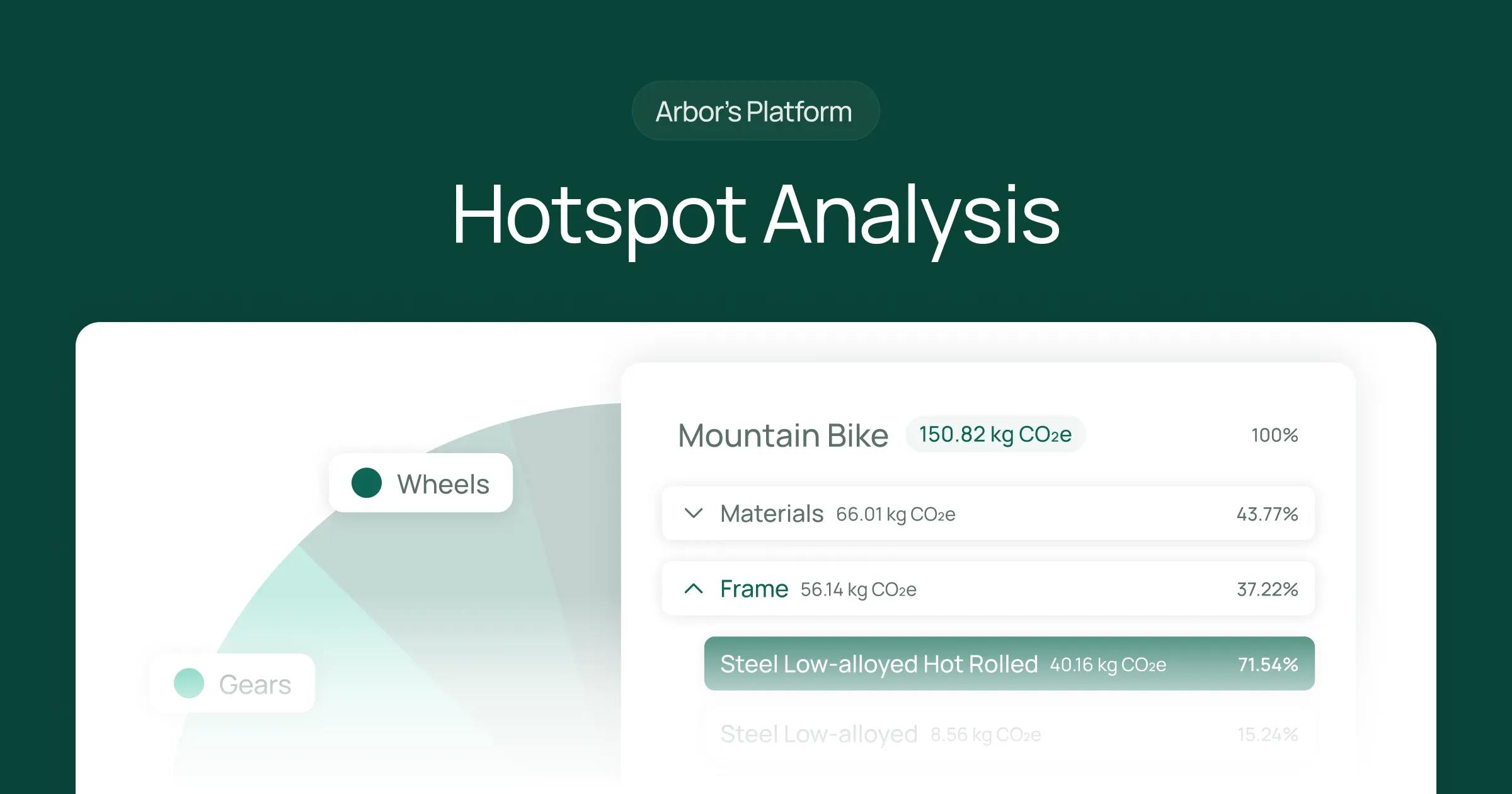

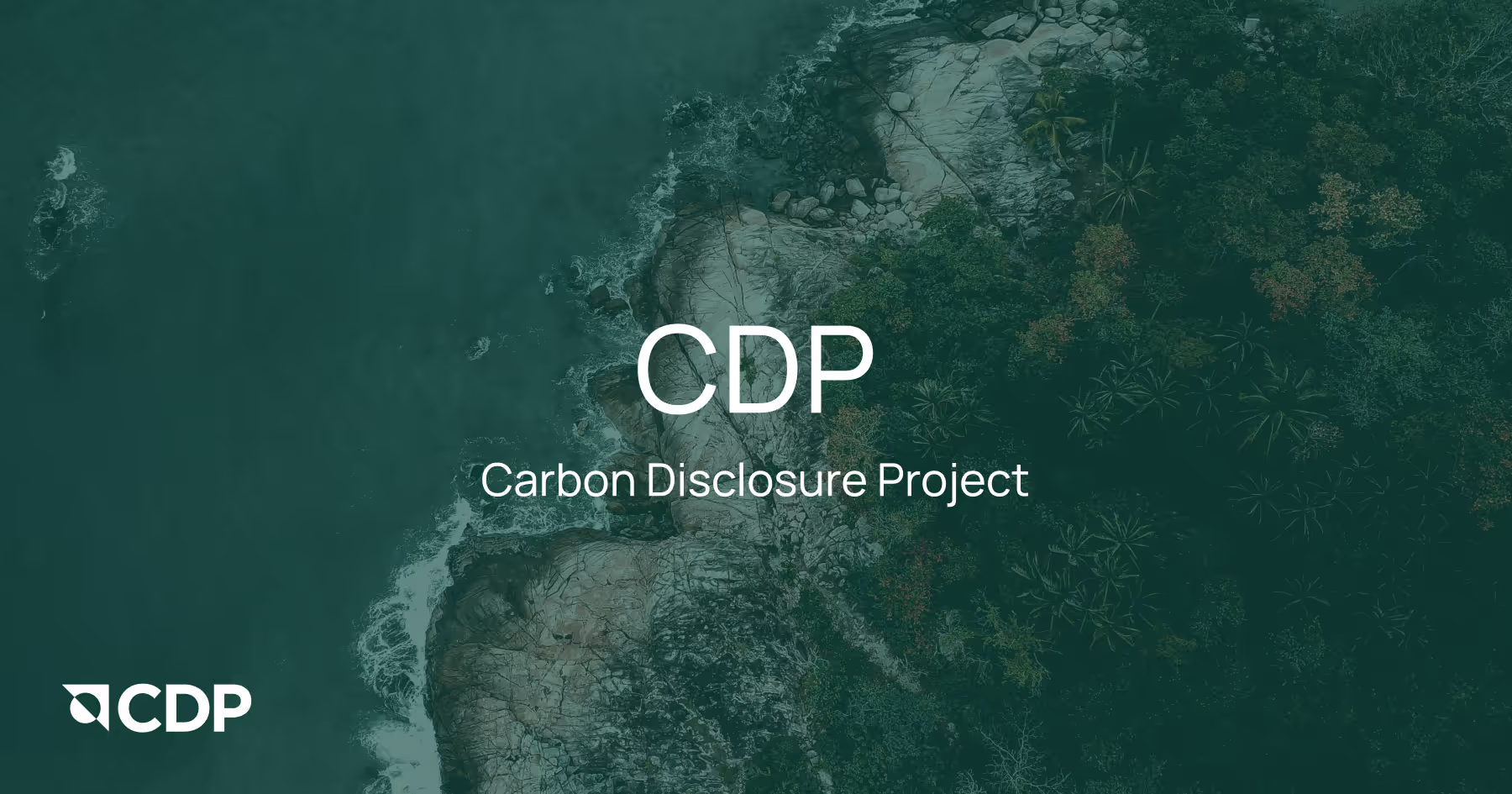
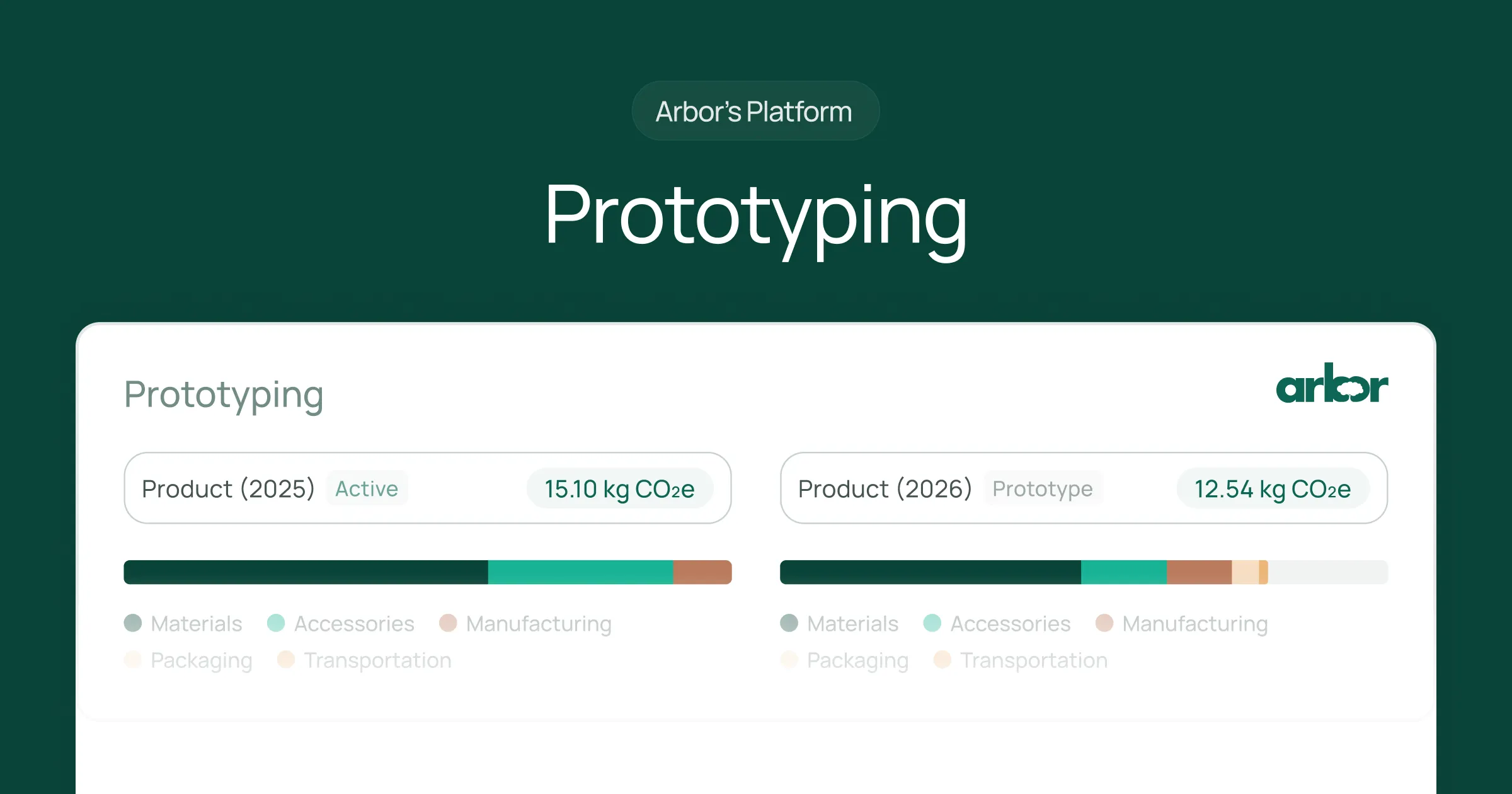
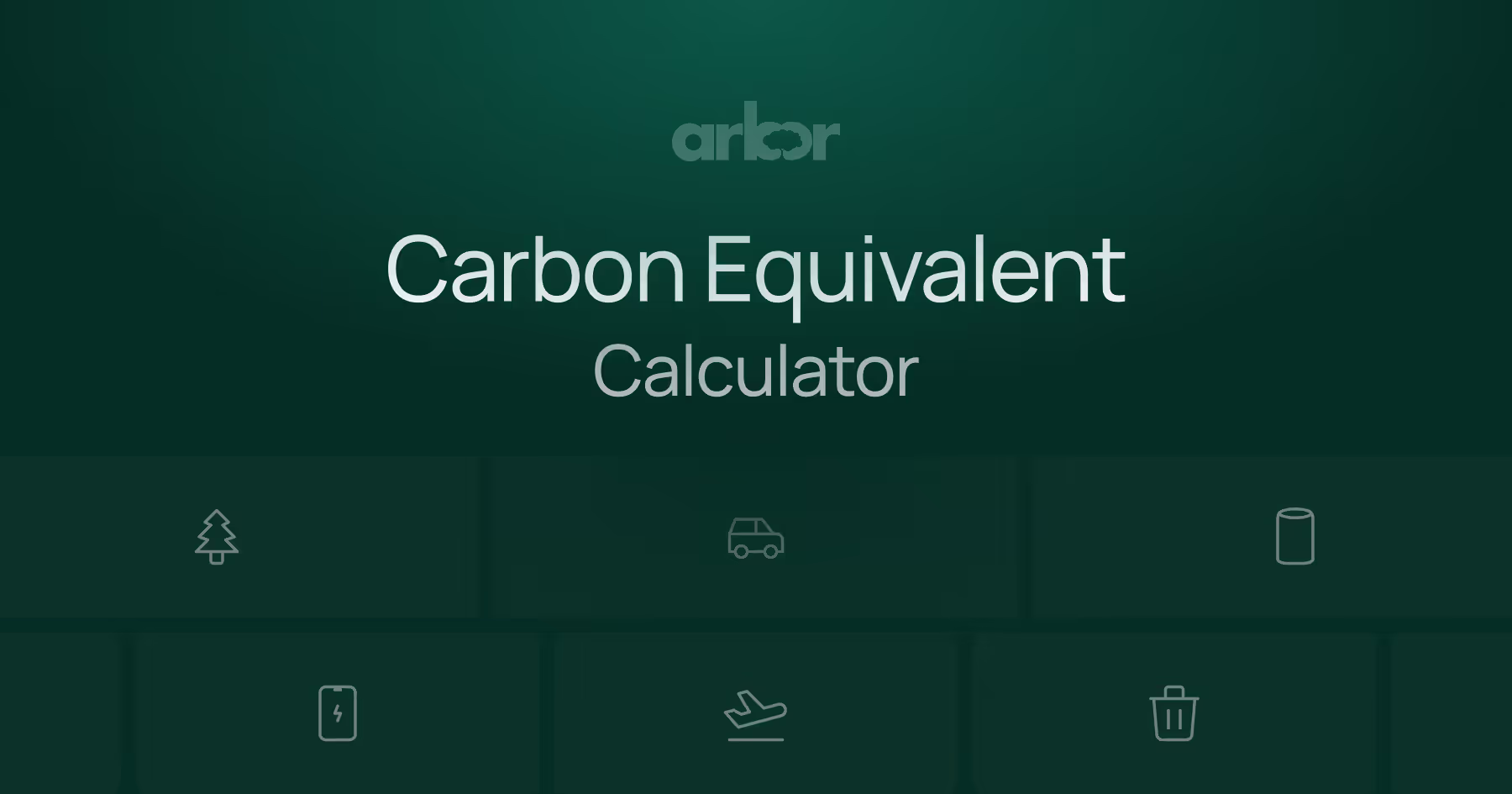
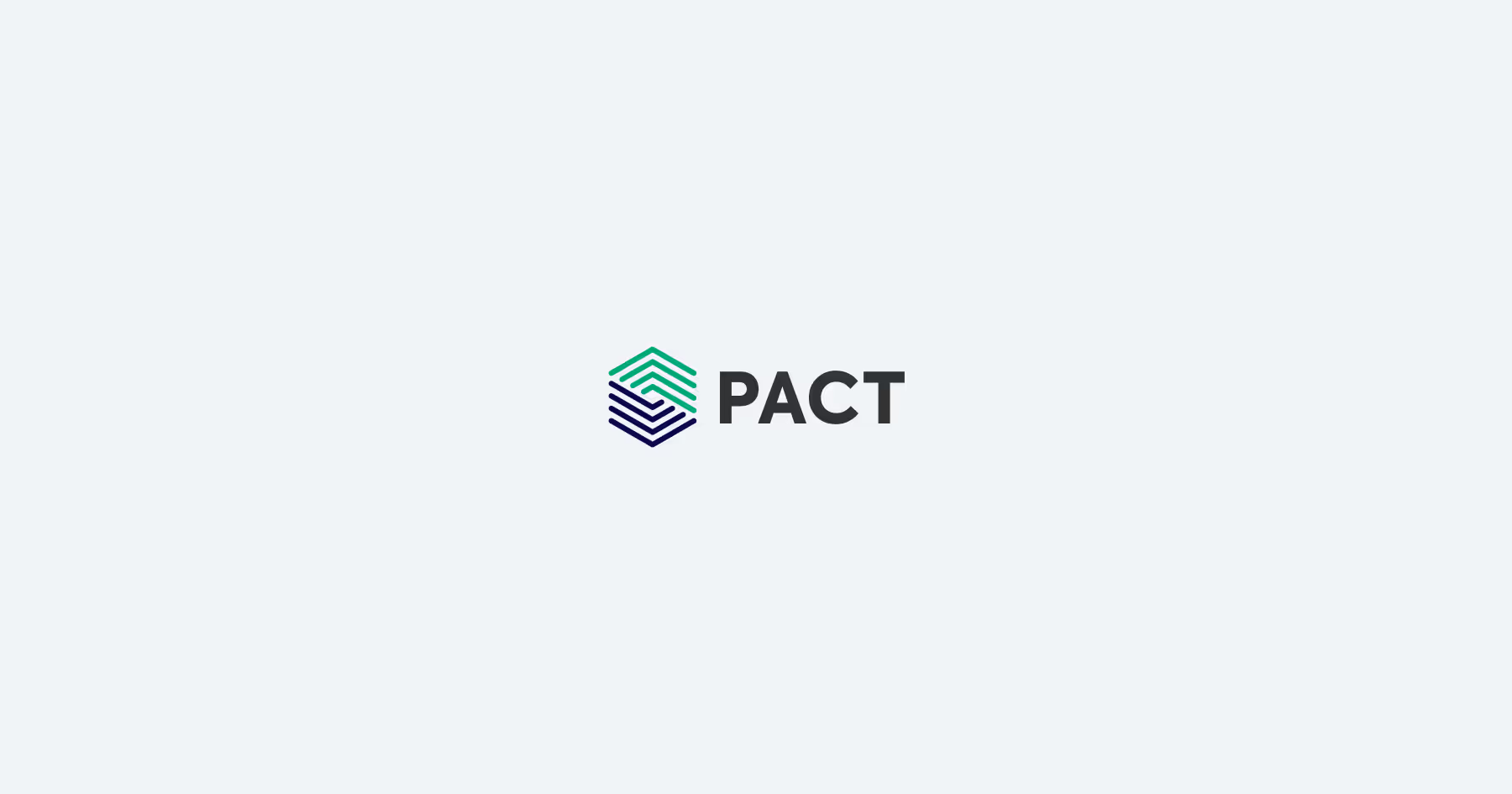
%20Arbor%20Canada.avif)
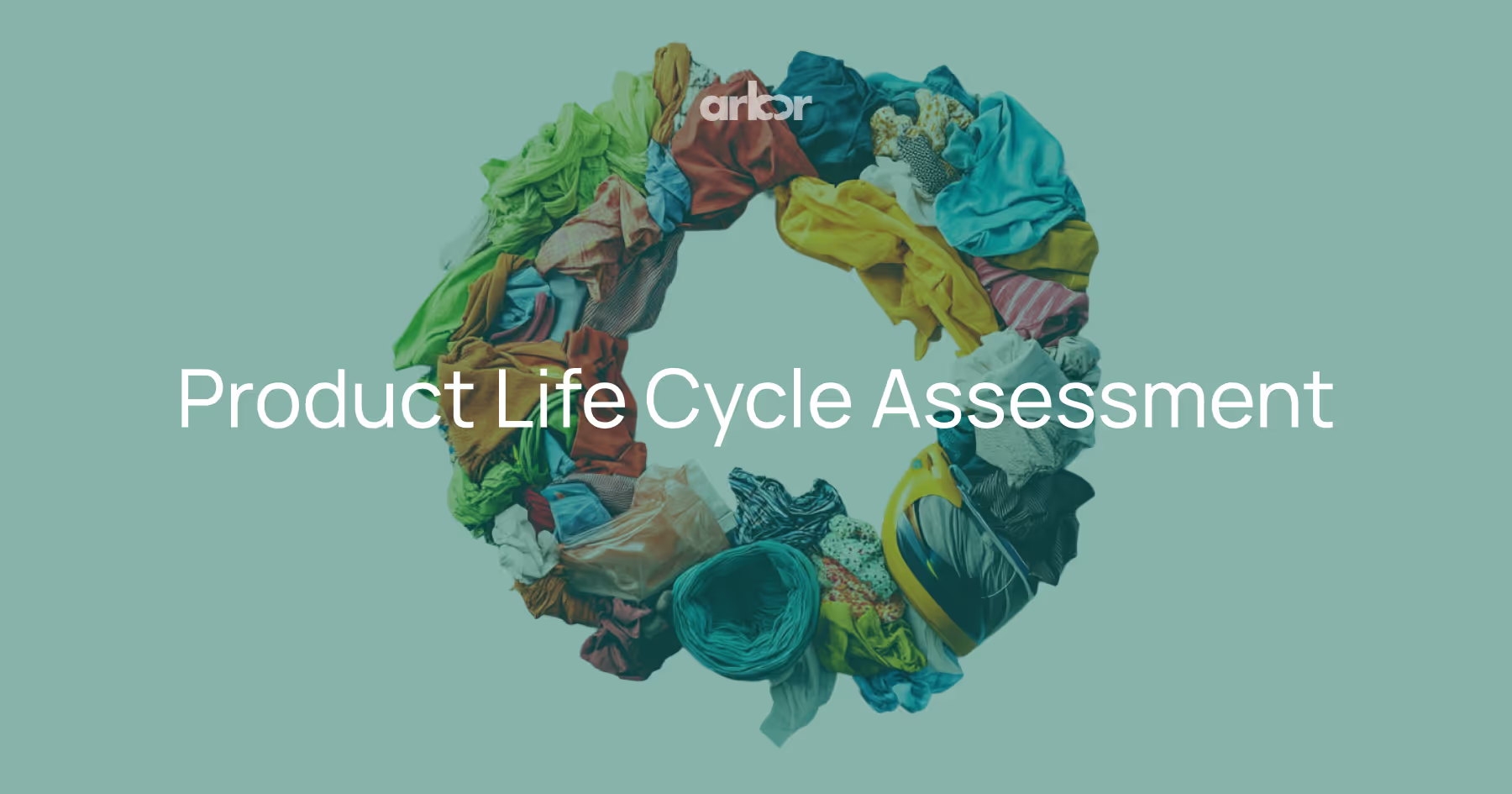
.avif)
%20Arbor.avif)
.avif)
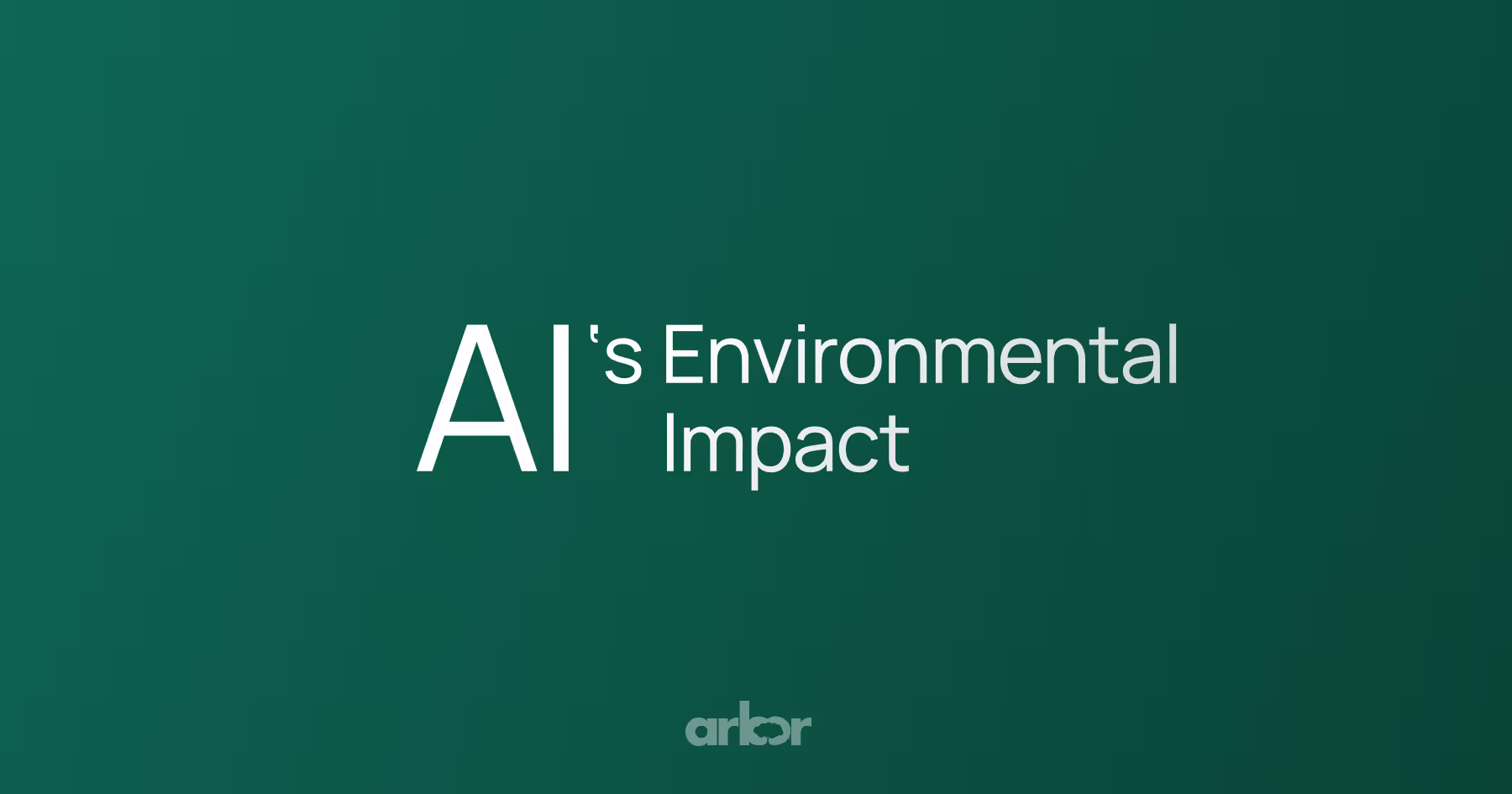





_.avif)
.avif)
%20Arbor.avif)




%20Software%20and%20Tools.avif)





.avif)
.avif)
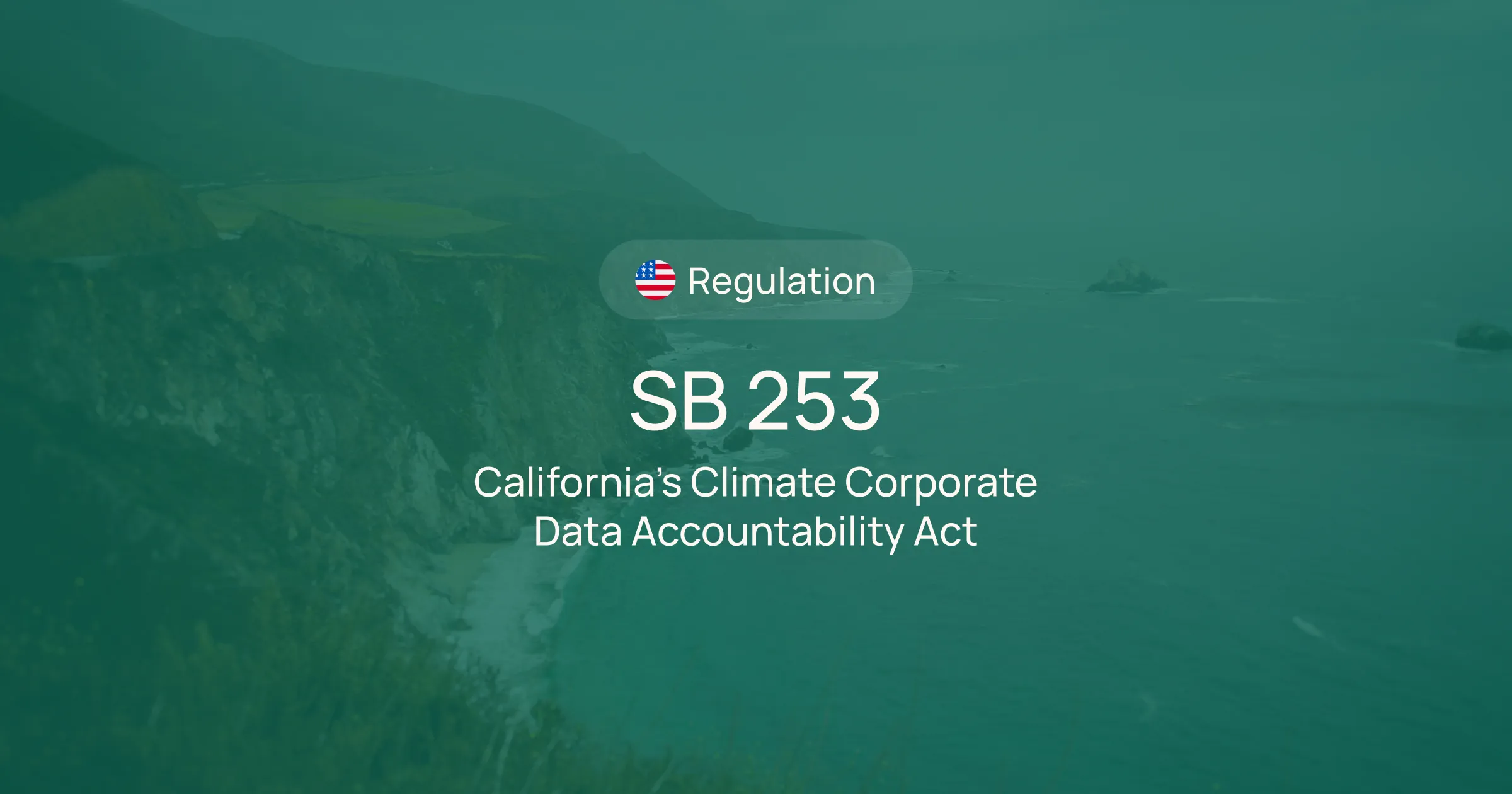



%20EU%20Regulation.avif)












.avif)


%20Arbor.avif)









_%20_%20Carbon%20101.avif)







.avif)









